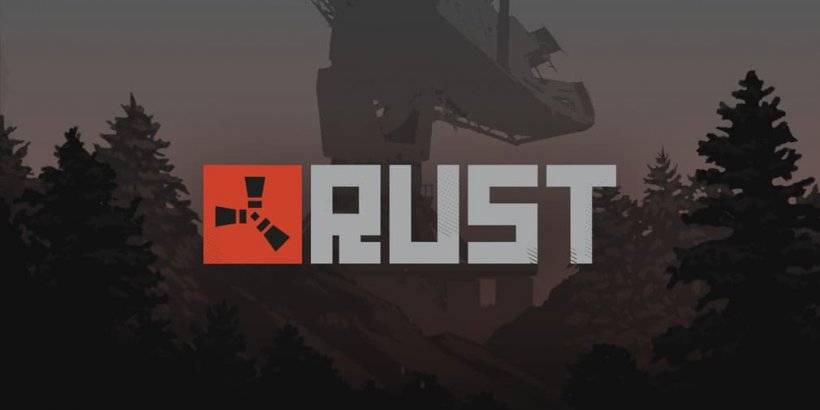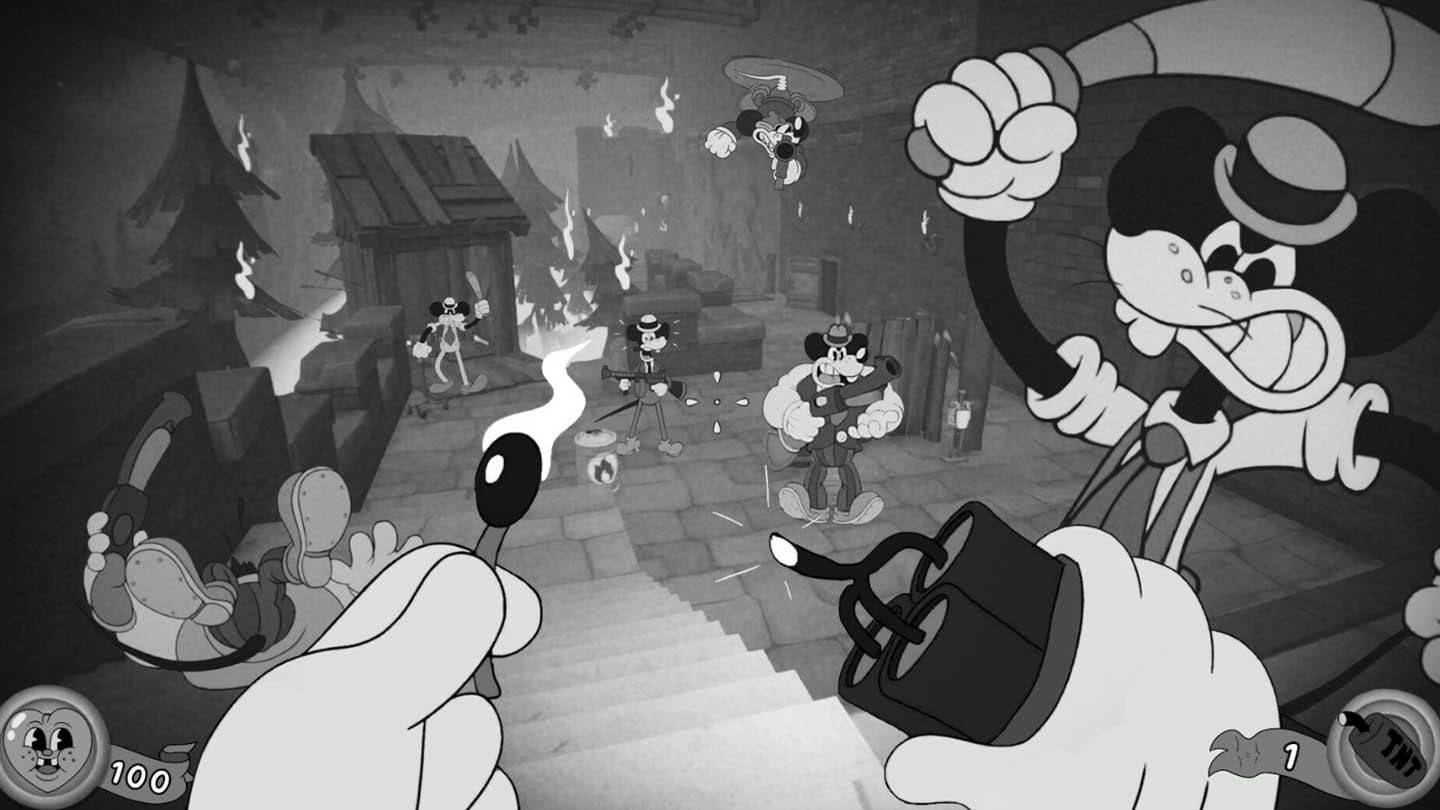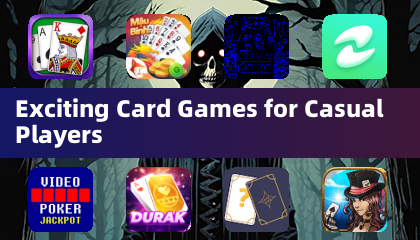Author: JosephReading:4
The enduring appeal of board games lies in their diverse offerings, catering to families, strategy enthusiasts, and various other preferences. While modern games shine, classic board games maintain their popularity among both novices and seasoned players for compelling reasons. This article explores some of the best classic board games that have stood the test of time.
TL;DR: Top Classic Board Games
 ### Azul
### Azul
1See it at Amazon ### Pandemic
### Pandemic
0See it at Amazon ### Ticket to Ride
### Ticket to Ride
0See it at Amazon ### Catan
### Catan
0See it at Amazon ### Sherlock Holmes: Consulting Detective
### Sherlock Holmes: Consulting Detective
0See it at Amazon ### Can't Stop
### Can't Stop
0See it at Amazon ### Acquire 60th Anniversary Edition
### Acquire 60th Anniversary Edition
0See it at Amazon ### Diplomacy
### Diplomacy
0See it at Amazon ### Yahtzee
### Yahtzee
0See it at Amazon ### Scrabble
### Scrabble
0See it at Amazon ### Othello
### Othello
0See it at Amazon ### Crokinole
### Crokinole
0See it at Amazon ### Liar's Dice
### Liar's Dice
0See it at Amazon ### Chess - Magnetic Set
### Chess - Magnetic Set
0See it at Amazon ### Playing Cards
### Playing Cards
0See it at Amazon ### Go - Magnetic Board Game Set
### Go - Magnetic Board Game Set
0See it at Amazon
Many modern games stem from design trends emerging in the mid-90s. Exploring pre-90s games reveals enduring classics. Presented chronologically (reverse order):
Azul (2017)
 ### Azul Board Game
### Azul Board Game
1See it at Amazon
Azul, despite its recent release and abstract nature, exhibits qualities of a modern classic. Its visually appealing design and simple yet surprisingly deep gameplay, involving tile placement and strategic scoring, make it a standout.
Pandemic (2008)
 ### Pandemic
### Pandemic
0See it at Amazon
Pandemic's innovative cooperative gameplay, where players work together to combat diseases, solidified its place as a classic. Its blend of engaging mechanics and accessible rules contributed to its widespread popularity.
Ticket to Ride (2004)
 ### Ticket to Ride
### Ticket to Ride
0See it at Amazon
Designed by Alan R. Moon, Ticket to Ride's accessible set collection mechanics, based on Rummy, make it easy to learn. The strategic tension arising from route planning and player interaction ensures an exciting experience.
Settlers of Catan (1996)
 ### Catan
### Catan
0See it at Amazon
Catan revolutionized the board game landscape with its unique blend of dice mechanics, trading, and route building. Its impact on the modern gaming scene is undeniable, even if its popularity has somewhat waned.
Sherlock Holmes: Consulting Detective (1981)
 ### Sherlock Holmes: Consulting Detective
### Sherlock Holmes: Consulting Detective
0See it at Amazon
This innovative game blends board game elements with a whodunnit narrative and choose-your-own-adventure style. Players collaborate to solve mysteries, immersing themselves in the atmospheric world of Victorian London.
Can't Stop (1980)
 ### Can't Stop
### Can't Stop
0See it at Amazon
Can't Stop offers a simpler, more engaging dice-rolling experience. The tension of deciding whether to continue rolling or stop, balancing risk and reward, makes it captivating.
Acquire (1964)
 ### Acquire 60th Anniversary Edition
### Acquire 60th Anniversary Edition
0See it at Amazon
Acquire, by Sid Sackson, is considered a precursor to many modern game designs. Its unique blend of spatial challenges and economic strategies remains engaging.
Diplomacy (1959)
 ### Diplomacy
### Diplomacy
0See it at Amazon
Diplomacy is known for its intense player interaction and strategic alliances, often leading to betrayal and conflict. The simultaneous order submission adds a layer of uncertainty and intrigue.
Yahtzee (1956)
 ### Yahtzee
### Yahtzee
0See it at Amazon
Yahtzee, a roll-and-write game, showcases the strategic depth hidden within seemingly simple dice rolls. Its fast-paced nature and family-friendly appeal make it a timeless classic.
Scrabble (1948)
 ### Scrabble
### Scrabble
0See it at Amazon
Scrabble's enduring popularity stems from its blend of vocabulary and spatial strategy. While turn times can be lengthy, the challenge of word placement and score maximization keeps players engaged.
Othello / Reversi (1883)
 ### Othello
### Othello
0See it at Amazon
Othello's simple rules mask a surprisingly deep strategic game. The ability to reverse opponent's pieces creates dynamic gameplay and unexpected turns.
Crokinole (1876)
 ### Crokinole
### Crokinole
0See it at Amazon
Crokinole, a dexterity game, requires skill and strategy. The challenge of flicking disks into high-scoring zones while considering opponent's moves makes it a captivating experience.
Liar's Dice (1800s)
 ### Liar's Dice
### Liar's Dice
0See it at Amazon
Liar's Dice's deceptively simple rules mask a game of probability, deduction, and bluffing. The tension of calling a bluff or raising the stakes adds excitement.
Chess (16th Century)
 ### Chess - Magnetic Set
### Chess - Magnetic Set
0See it at Amazon
Chess, a timeless strategy game, continues to captivate players with its complex strategies and endless possibilities.
Playing Cards (~900 AD)
 ### Playing Cards
### Playing Cards
0See it at Amazon
Playing cards support countless games, from familiar classics to lesser-known variations. Their adaptability and enduring popularity make them a cornerstone of gaming.
Go (~2200 BC)
 ### Go - Magnetic Board Game Set
### Go - Magnetic Board Game Set
0See it at Amazon
Go, despite its relative obscurity in the West, is a game of profound strategic depth. Its simple rules belie a complexity that has challenged human players for millennia.
Defining a Classic Board Game
The criteria for a "classic" board game are subjective. Factors considered in this list include sales figures, influence on game design, and brand recognition. Games like Ticket to Ride, with high sales, and Acquire, with its innovative design concepts, exemplify these aspects. Brand familiarity, while important, doesn't guarantee quality; ancient games like chess and the relatively modern Diplomacy are prime examples.

 LATEST ARTICLES
LATEST ARTICLES 












